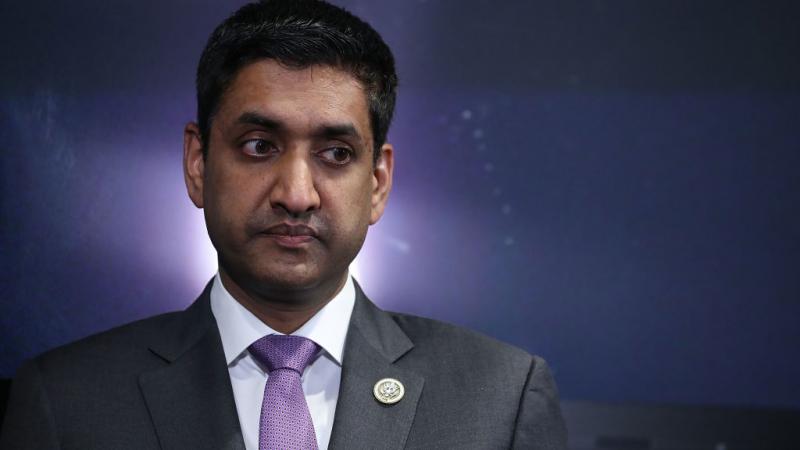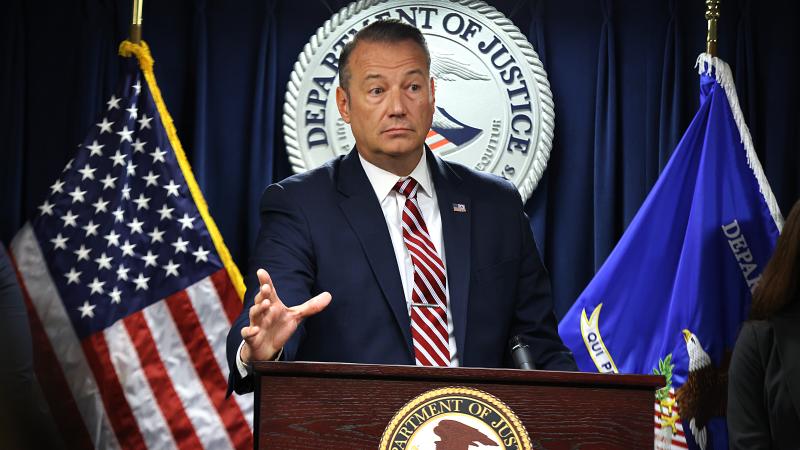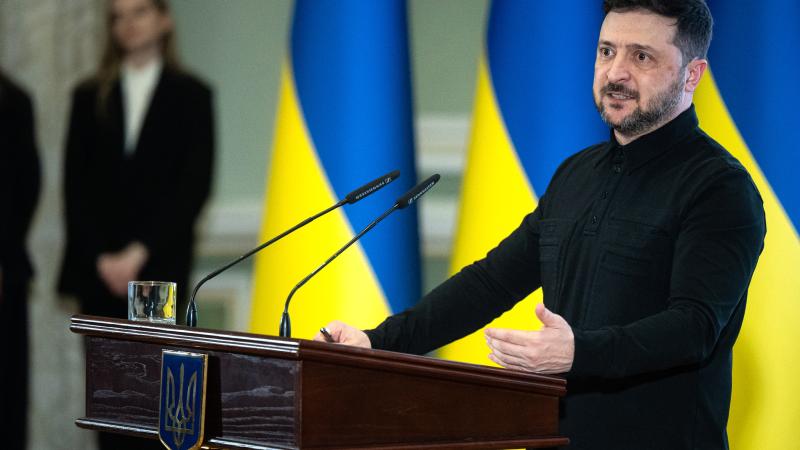Dem elder statesman Lee Hamilton chides party for ramming through Biden agenda with no GOP support
"You do not accomplish, I don't think, anything of lasting value in our complicated government, unless you do it in a bipartisan way," Hamilton said.
Former Rep. Lee Hamilton, a commanding voice on Democratic foreign policy for decades and now an elder statesman, is warning his party against forcing its agenda through without any support from Republicans.
President Biden and Democrats in Congress are putting together a massive $3.5 trillion spending bill using budget reconciliation rules to avoid the legislative filibuster.
"You do not accomplish, I don't think, anything of lasting value in our complicated government, unless you do it in a bipartisan way," Hamilton told Just the News. "You can do something as a Democrat, and it can be helpful, but it will not be long lasting unless you invite the Republicans in and vice versa."
Hamilton pointed out that the majority party only has its power temporarily and bipartisanship is needed to create enduring legislation.
"You've got to do it in a bipartisan way for it to be done permanently," he said.
Hamilton, former vice chairman of the 9/11 Commission, was asked if he has concerns about what could happen in Afghanistan in the aftermath of the U.S. withdrawal.
"We have important interests there. We do not want Afghanistan to be used by way of illustration, as a safe haven, from which an attack on us or our friends could be made," he said. "Now, that's a very important national interest for the United States. We cannot do much with it unless we have bipartisan cooperation in dealing with that kind of problem. And so, I think, when I look at all of our problems today, I often say to myself, we do not sit down early on and spell out precisely what the interest is in that country."
General Mark A. Milley, chairman of the Joint Chiefs of Staff, has warned that a terror attack from Afghanistan could occur within two years. Secretary of Defense Lloyd Austin has said that the terrorist group Al Qaeda, which was responsible for carrying out the 9/11 attacks, has a good chance of reconstituting itself in Afghanistan. Hamilton was asked for his reaction to those statements.
"My first impression is they are right," he said. "There's a tendency we have to go after a problem hard, aggressively, oftentimes effectively, but we don't sustain it."
Hamilton said terrorism is not a problem that's going to be solved but "you manage it," and "you try to reduce the impact of the bad things" over time.
"I think your mindset has to be one of permanence in understanding that these threats come and go, they rise and fall in urgency, but they continue," he said. "And your response has to be institutions that are flexible, and are well-staffed, well-resourced, and able to go with the flow of events around the world."















